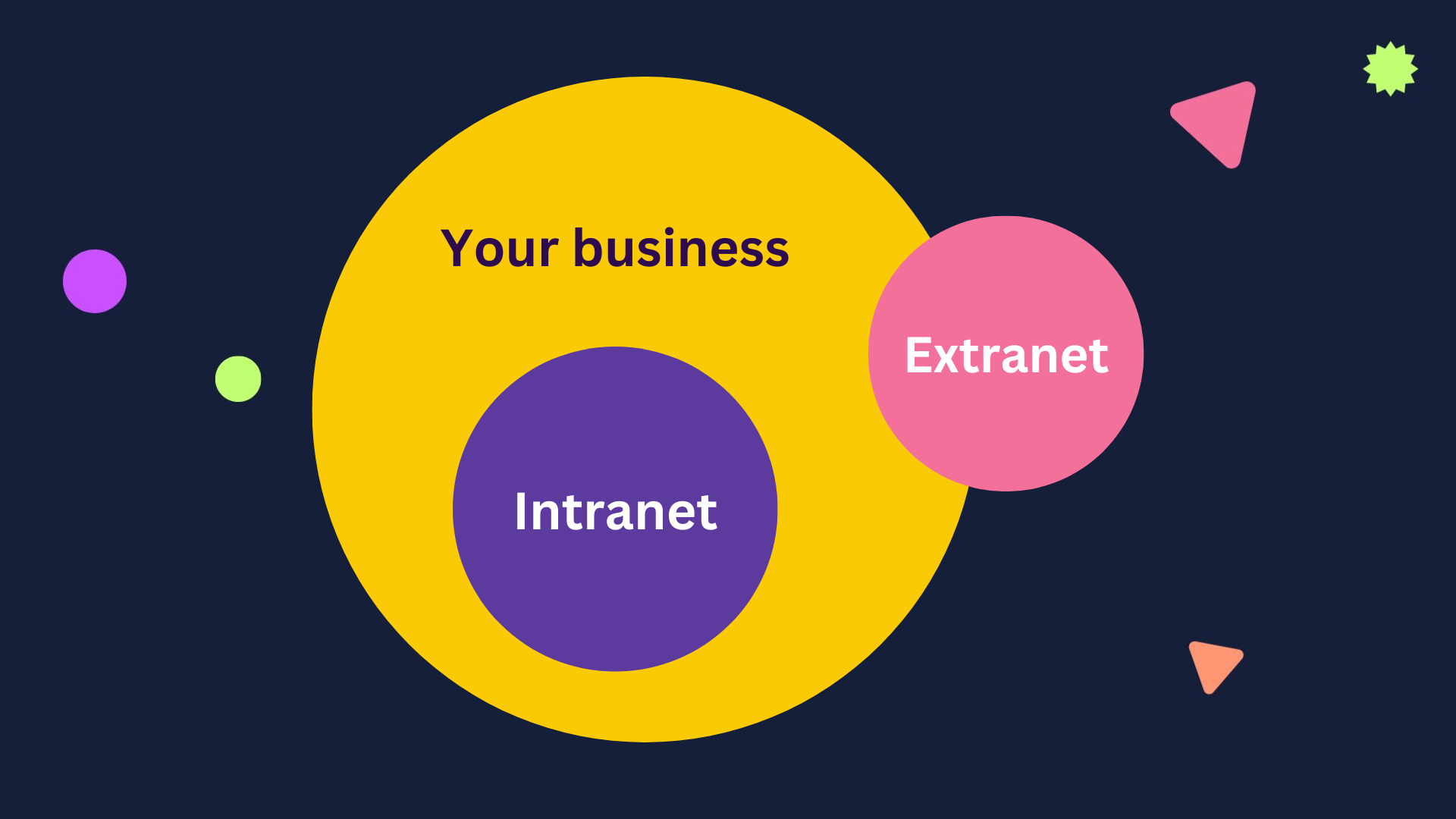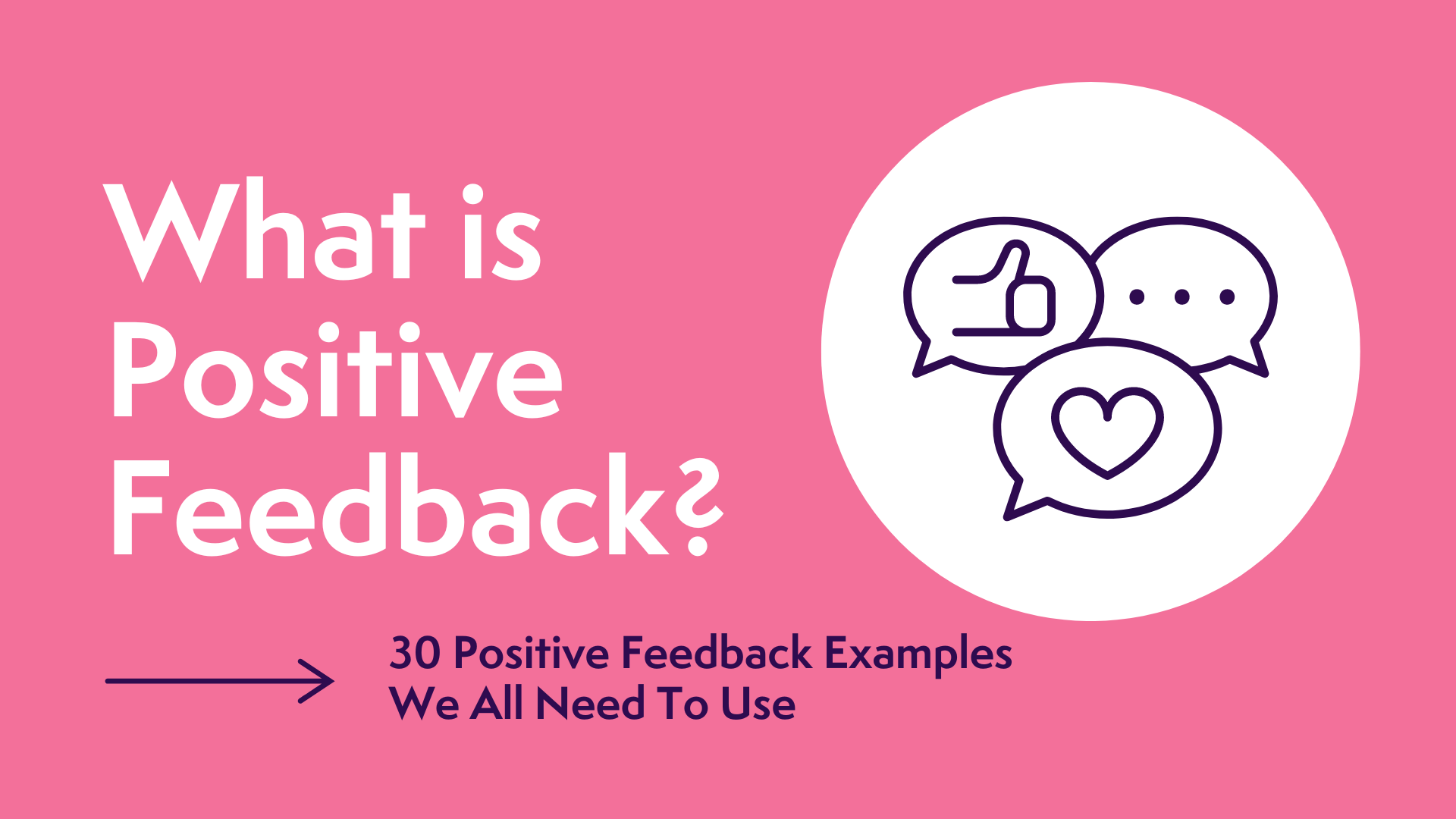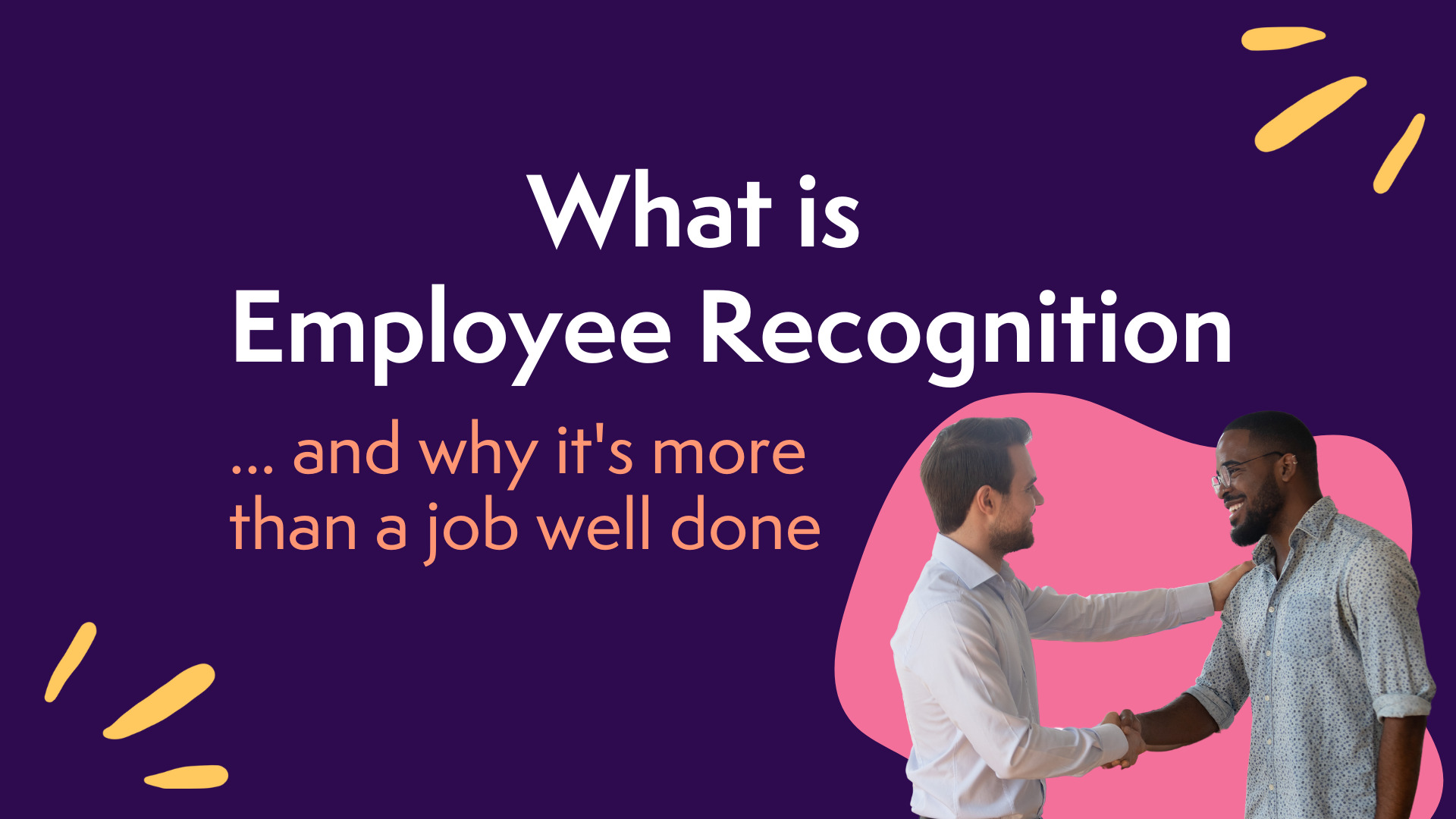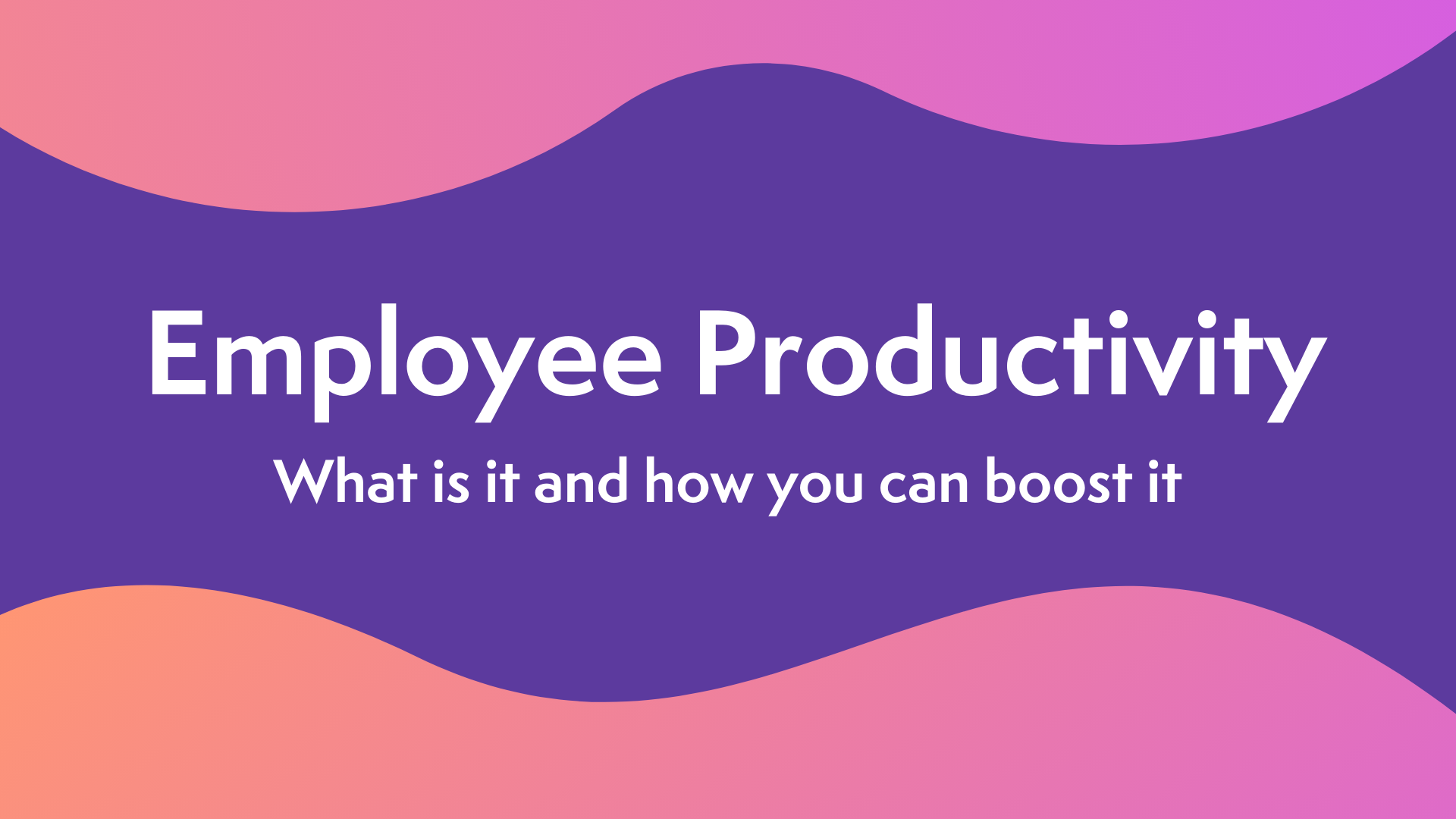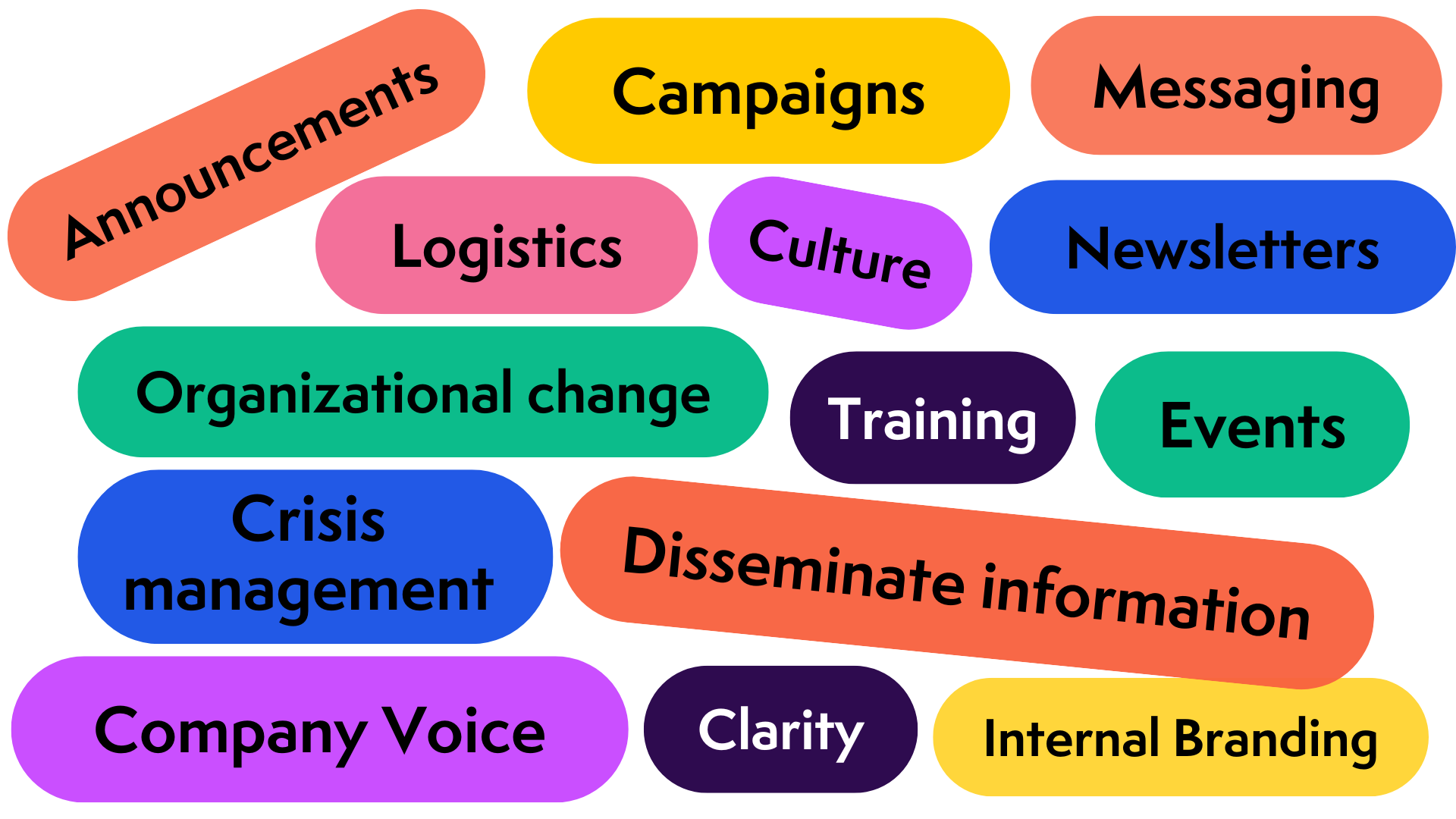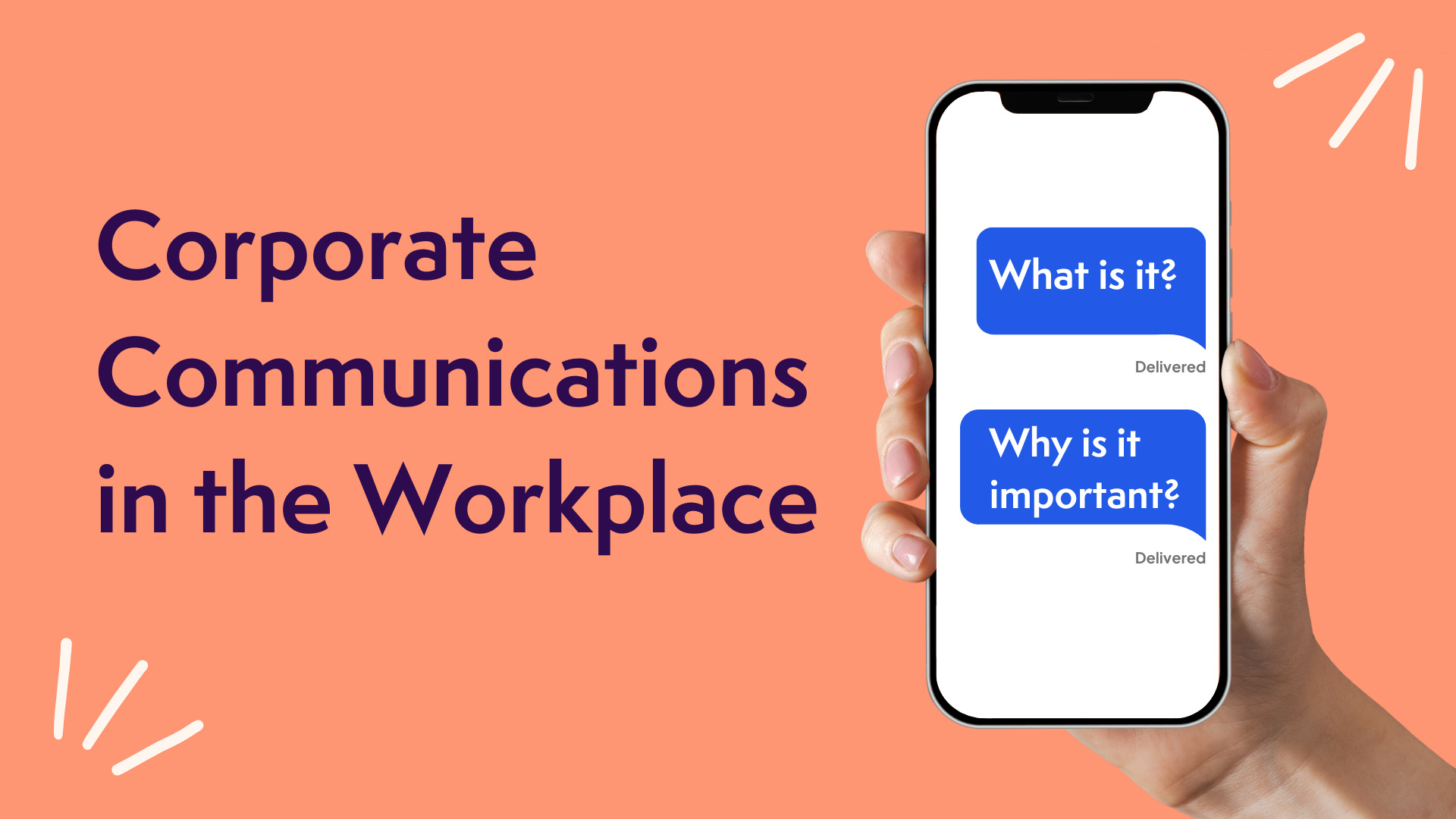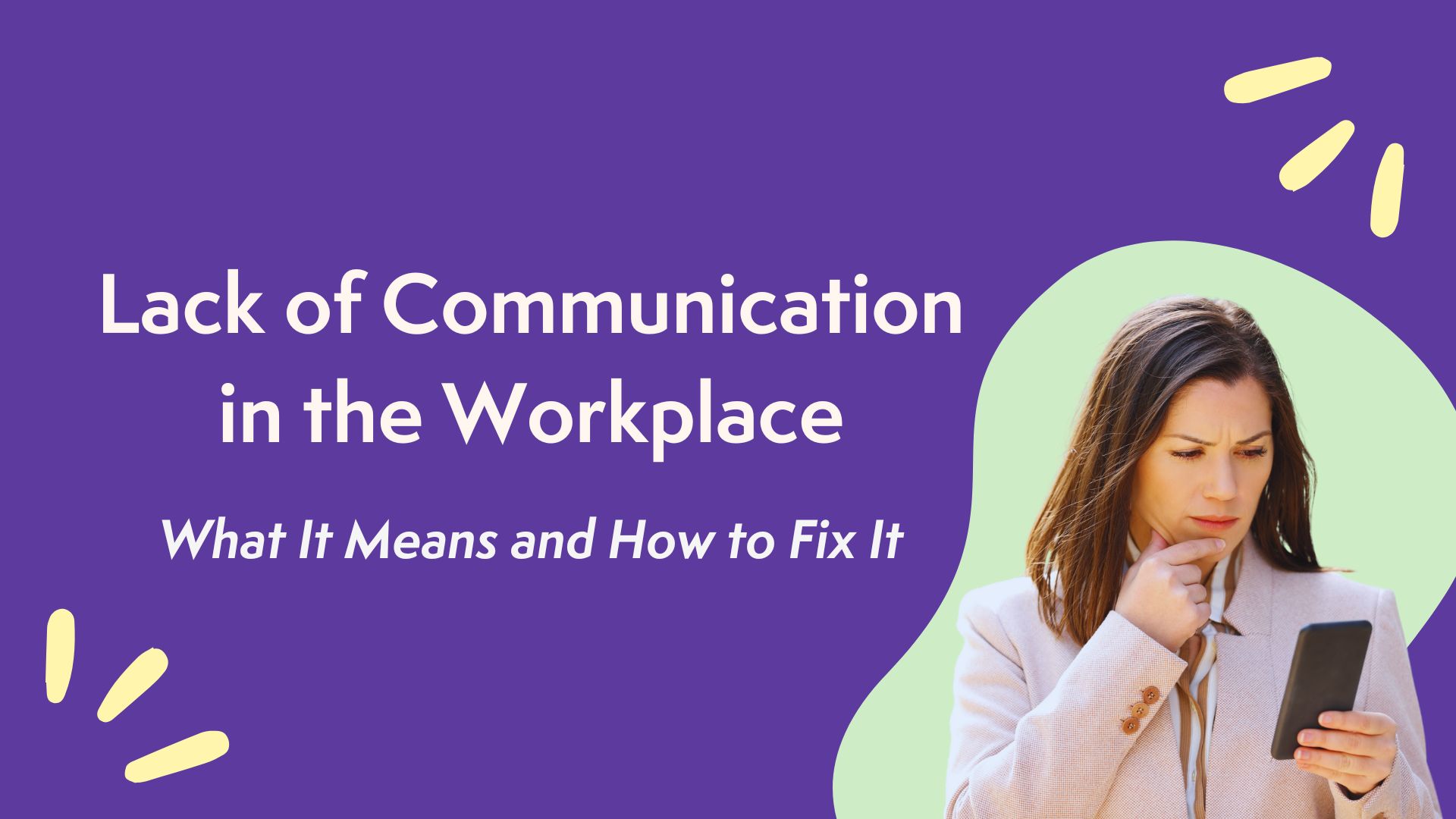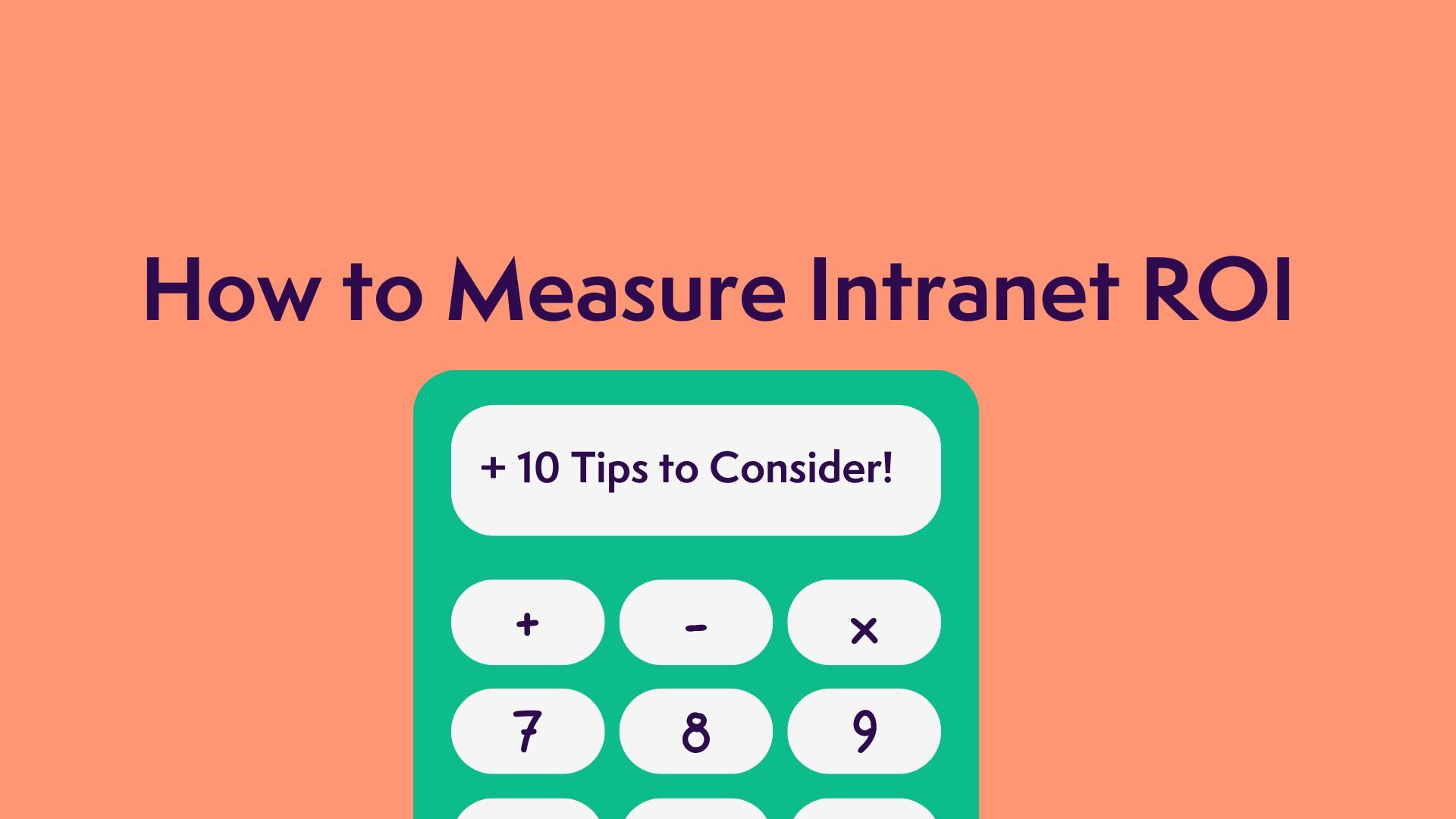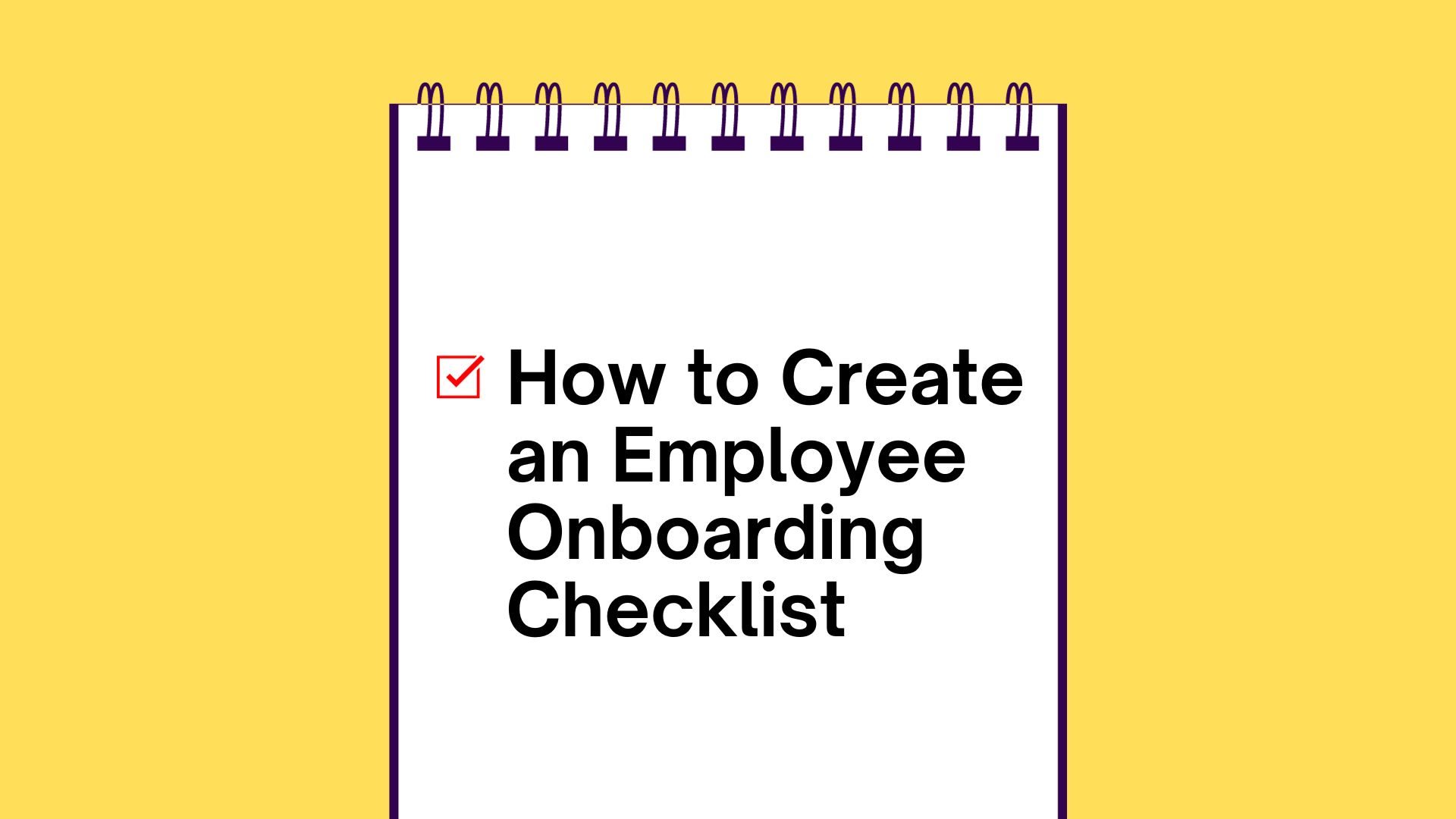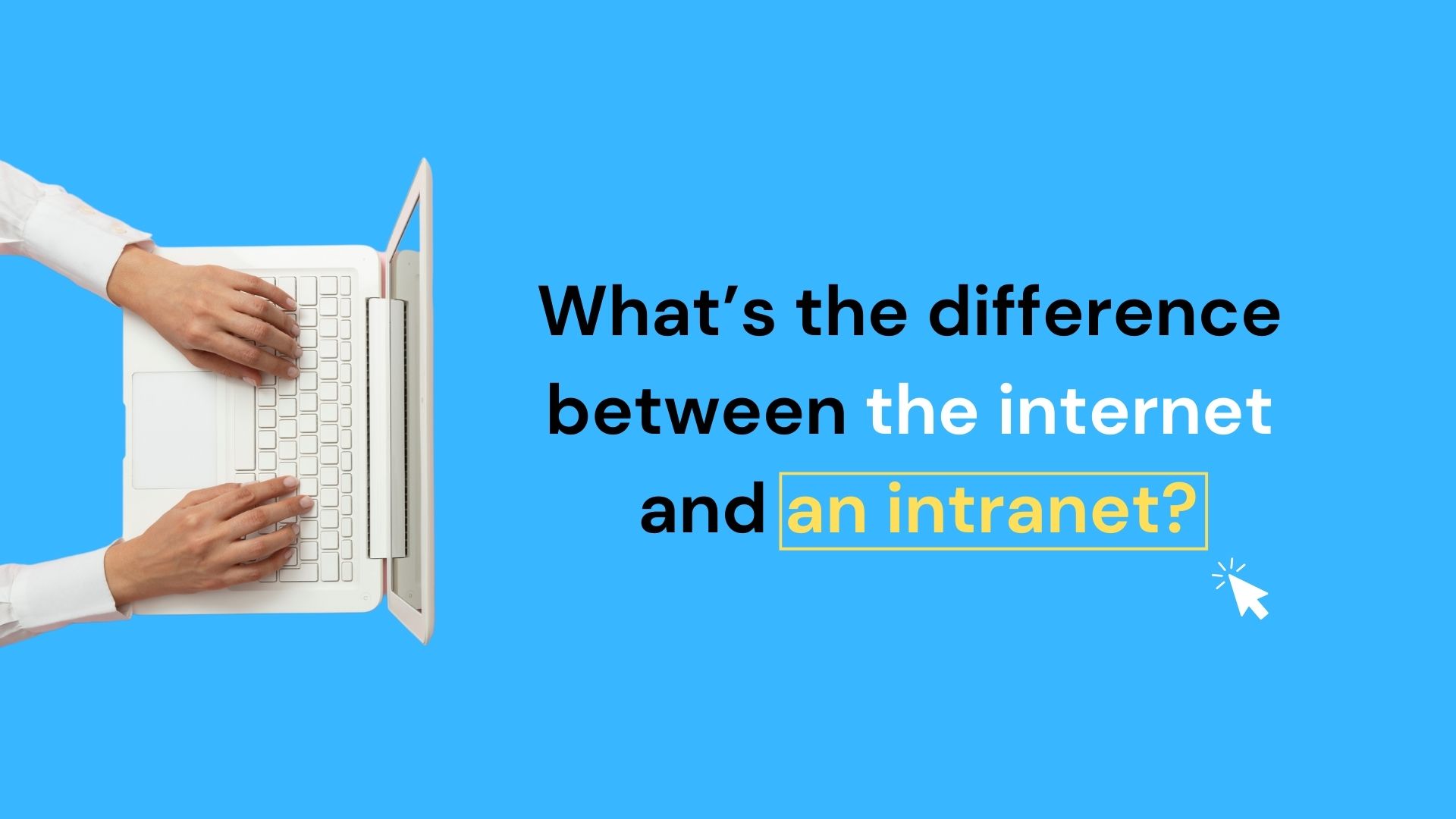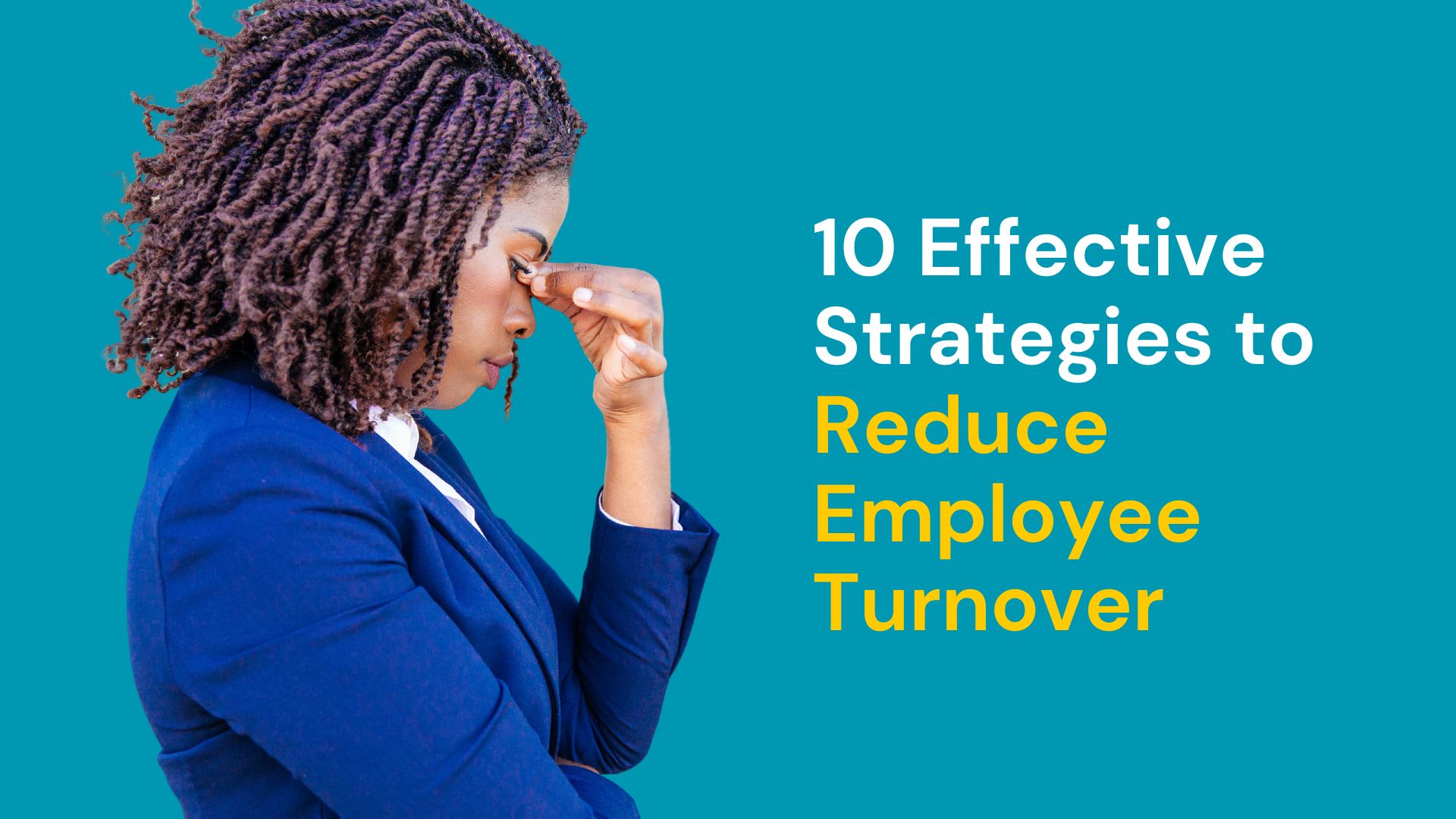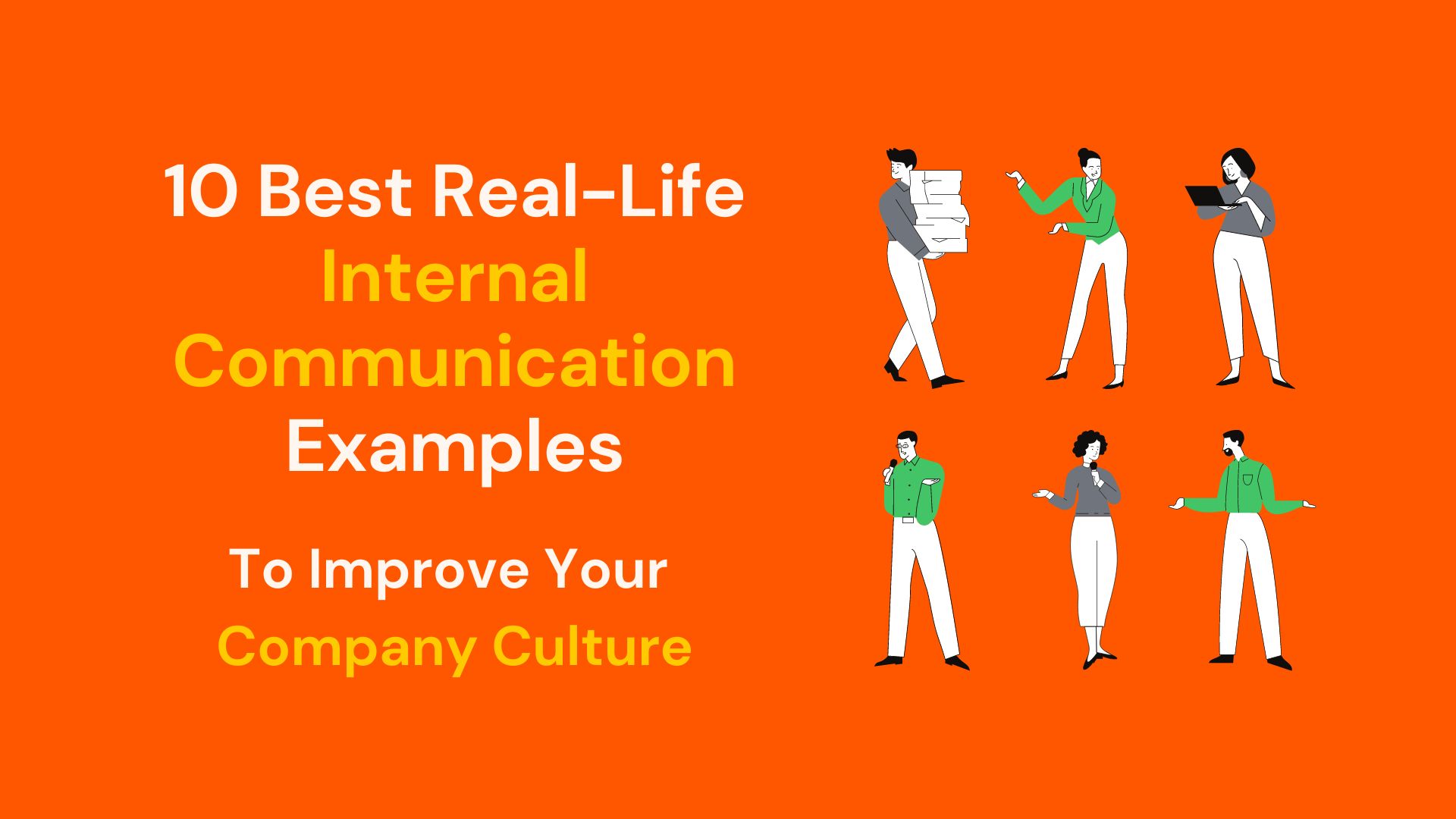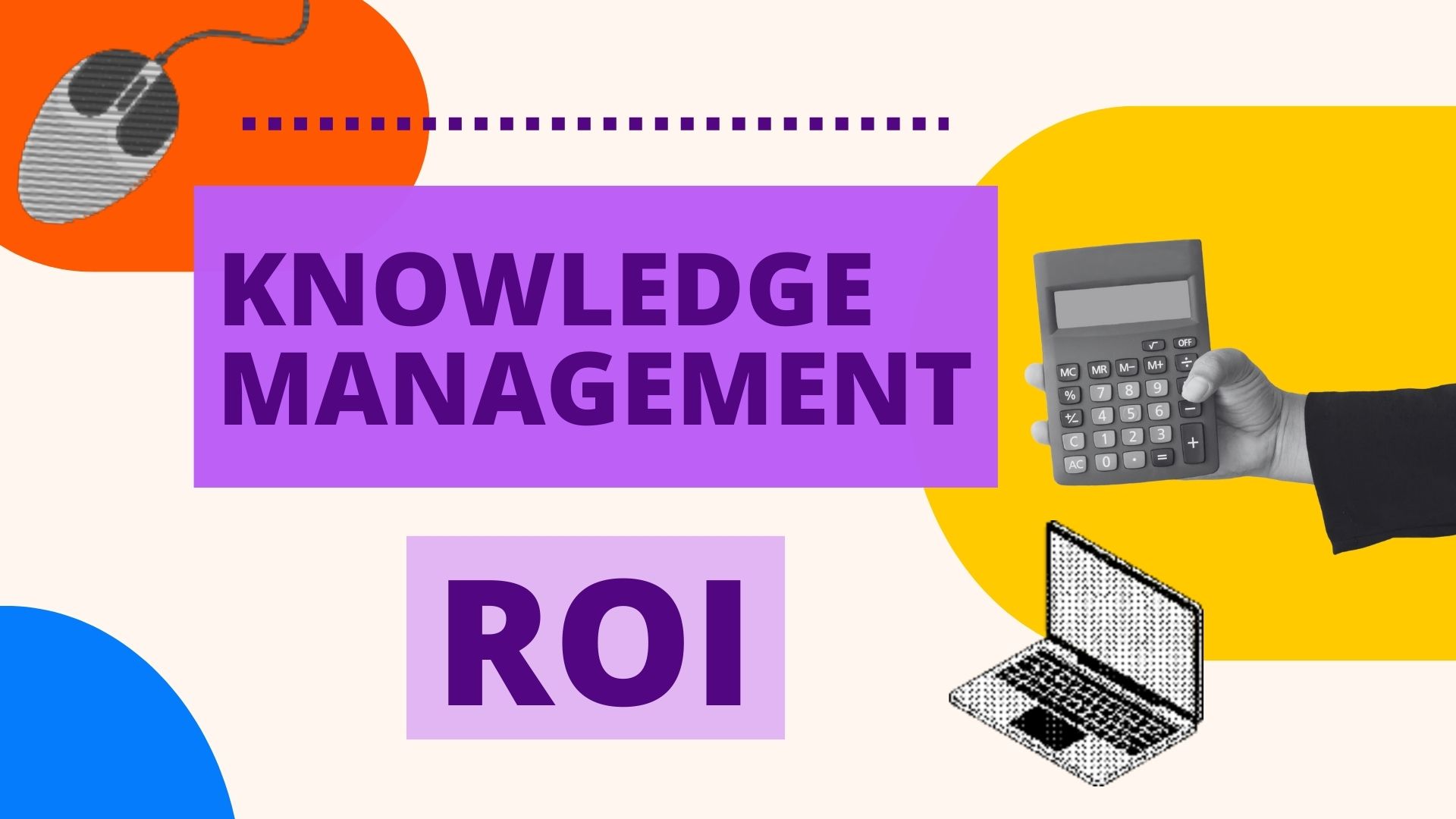-
 Intranets
IntranetsIntranet VS Extranet: What’s the difference?
-
 Employee Engagement
Employee EngagementEmployee Engagement Strategies: Best Practices for 2025 and Beyond
-
 Intranets
Intranets14 Best Cloud Intranet Software Solutions
-
Internal Comms
13 Best Internal Communication Software for Business in 2024
-
Knowledge Management
What Is a Knowledge Management System and How It Fits Into Your Business
-
Internal Comms
Too Many Emails at Work? Here’s How to Manage Email Overload
-
Employee Engagement
What Is Employee Branding? Creating In-House Ambassadors for Your Business
-
Employee Engagement
What Are Company Values? Why You Need Them, and Examples to Embrace
-
Employee Engagement
What is Positive Feedback? 30 Positive Feedback Examples We All Need To Use
-
Employee Engagement
What Is Employee Recognition and Why It’s More Than a Job Well Done
-
Internal Comms
12 Ways Business Communication Tools Strengthens the Workplace
-
Employee Engagement
Destructive Criticism 101: Why Tearing Things Down Never Builds Employees Up
-
Employee Engagement
What Does Autonomy at Work Really Look Like?
-
Intranets
31 Benefits of an Intranet for Your Entire Workforce
-
Employee Engagement
What is Employee Productivity and How Can You Boost It?
-
Employee Engagement
20+ Employee of the Month Ideas
-
Intranets
How Can a CMS Employee Intranet Help Your Company?
-
Intranets
Top 12 Best Intranet Software Platforms of 2024
-
Internal Comms
What Internal Communications Is and Can Be In 2024
-
Knowledge Management
Corporate Wiki vs Knowledge Base: Which Is Better in 2024?
-
Intranets
What is a Virtual Workspace? Key Considerations for Hybrid and Remote Teams
-
Employee Engagement
30 Best Employee Engagement Tools in 2024
-
Intranets
What Is a Digital Workplace?
-
Internal Comms
Corporate Communications: What Is It and Why Is It Important?
-
Employee Engagement
How Employee Experience Helps You Build a Better Workforce
-
Employee Engagement
Bad Leadership: How to Spot It, and How to Be Better
-
Internal Comms
Lack of Communication in the Workplace: What It Means and How to Fix It
-
Collaboration
What is Enterprise Social Networking?
-
Intranets
How to Break Down Business Silos
-
Employee Engagement
10 Constructive Feedback Examples That We Should All Try to Use More
-
Intranets
Intranet ROI: 10 Tips to Consider When Attempting to Measure It
-
Employee Engagement
The Psychology of Gamification in the Workplace
-
Intranets
New Employee Onboarding Checklist
-
Intranets
Intranet vs Internet: What is the difference?
-
@Axero
Axero Wrapped: 3 Intranet Innovations for 2023
-
Intranets
On-Premise Intranet Solutions vs Cloud Intranet Software
-
Employee Engagement
10 Effective Strategies to Reduce Employee Turnover
-
Intranets
10 Signs It’s Time for a Company Intranet Upgrade
-
Employee Engagement
What Motivates Gen Z in the Workplace
-
Employee Engagement
16 Best Company Culture Software in 2024
-
Knowledge Management
12 Best Knowledge Management Software in 2024
-
Employee Engagement
20 Best Employee Experience Software for Companies in 2024
-
Intranets
56 Intranet Statistics: How Intranets Solve Workplace Gaps in 2025
-
Intranets
37 Company Intranet Examples to Create the Best Employee Intranet
-
Internal Comms
How to Communicate with Your Boss
-
Employee Engagement
How to Improve Company Culture
-
Internal Comms
17 TED Talks on Effective Communication in the Workplace
-
Intranets
What is an Intranet? Definition, Benefits, Use Cases, FAQs
-
Internal Comms
10 Best Real-Life Internal Communication Examples to Improve Your Company Culture
-
Collaboration
Boosting Productivity: 10 Tips for Enhancing Collaboration in the Workplace
-
Knowledge Management
Knowledge Management ROI: Here’s Why You Should Invest in Your Organizational Knowledge
-
Intranets
How to Build Knowledge Bases with Intranet Software
-
Biggest Challenge at Work
How to Overcome Pettiness: Patagonia’s Awesome 5-15 Report
-
Intranets
Intranet Templates – Effective Designs to Enhance Your Intranet


